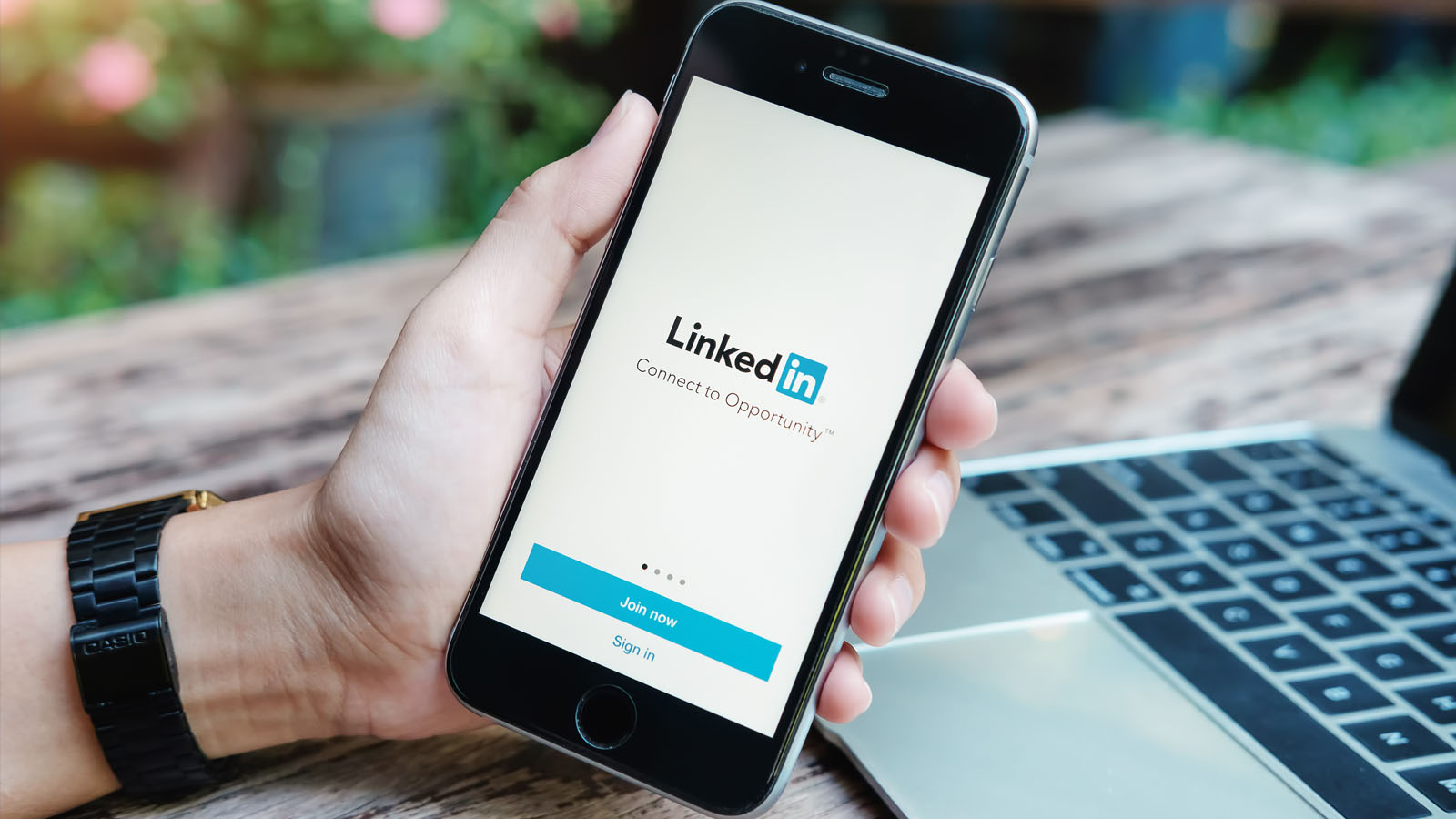The lines between our professional and personal lives can sometimes blur, particularly on social media. LinkedIn, a platform primarily designed for professional networking, often sees users struggling with how much personal information to share. While it’s important to appear personable and relatable, LinkedIn is not Facebook, and oversharing can undermine your professional image.
Finding the balance between personal and professional
To strike the right balance, it’s essential to understand the platform’s purpose. LinkedIn is a space for professional networking, job searching, and industry discussions. Therefore, your content should predominantly reflect your career aspirations, skills, and professional experiences.
Why being personable matters
Authenticity is key to building connections. Sharing some personal insights can make you appear more relatable and approachable. For example, sharing a personal story that shaped your career, or expressing gratitude for your team, can humanise your profile. These posts can promote better connections and engagement from your network.
The risks of oversharing
Despite the benefits of showing your human side, there is a fine line between being personable and to personal. LinkedIn is not the place for inappropriate photos, political rants, or controversial opinions. Such posts can distract from your professional brand and may even push away potential employers or clients.
How to navigate this balance
Relevance is key: Ensure that your personal stories tie back to your professional life. For example, sharing how a personal challenge improved your problem-solving skills.
Maintain professionalism: Always keep a professional tone. Avoid sharing intimate details about your personal life, as well as any content that might be considered inappropriate in a workplace setting.
Stay positive and constructive: Focus on positive experiences and constructive insights. Sharing successes, lessons learned, and gratitude can enhance your professional image.
Limit frequency: If you are going to post something personal, keep it occasional, and not the bulk of your content. The majority of your posts should focus on your professional achievements, industry news, or sharing insightful articles related to your field.
Examples of appropriate personal posts
Career milestones: Announce promotions, new jobs, or completed projects, and thank those who supported you along the way.
Professional development: Share experiences from conferences, courses, or seminars that have enhanced your skills or knowledge.
Work-life balance: Post about hobbies or activities that help you maintain balance and improve your performance at work, such as running or volunteering.
Key life events: It’s natural to want to celebrate your life events, such as a marriage or a birth, with your network. Sharing personal milestones can show your network a glimpse of the person behind the professional, and such updates can often create positive engagement.
Causes close to your heart: Sharing your support or involvement with charities can demonstrate your values and help you make connections with like-minded professionals. When you post about your involvement in charitable activities or support for important causes, it showcases your commitment to making a positive impact beyond your professional life.
Share personal content that enhances your professional brand rather than detracting from it. Remember, LinkedIn is a platform where your professional identity takes centre stage, so keep your posts relevant, positive, and professional.
You may also like to read:
